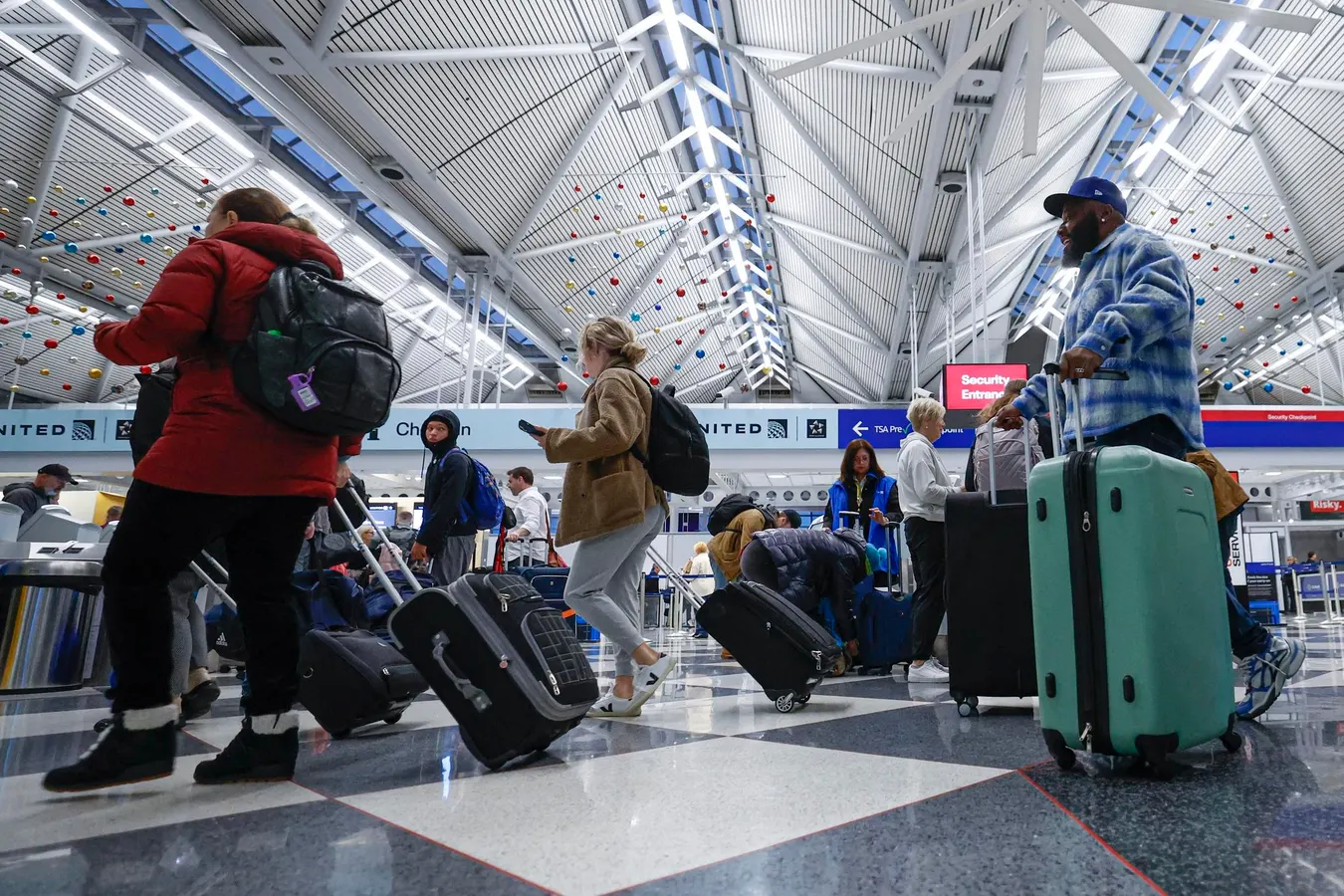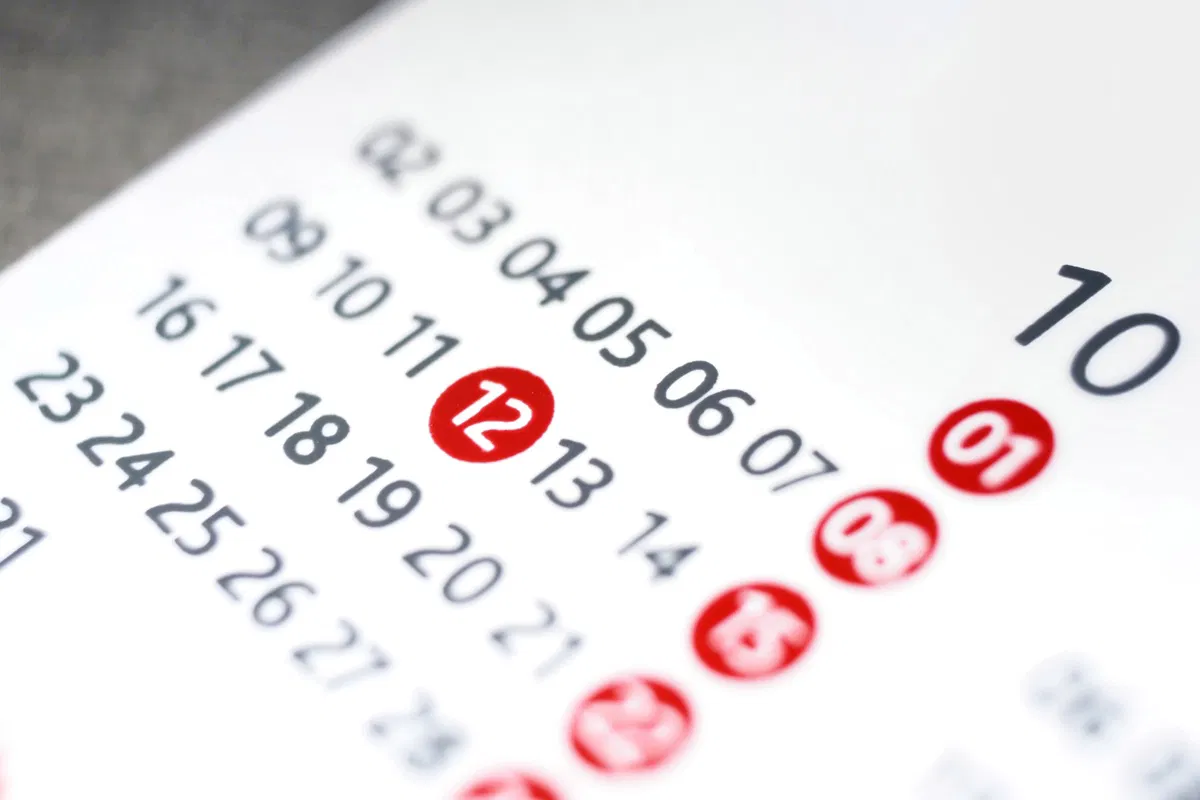Copyright Forbes

The FAA’s announcement that it is reducing flights at 40 major U.S. airports – including thousands of flights – has caused already-stressed passengers to scramble for alternate travel plans. And with the rest of the travel industry already stressed as well, including TSA employees, air traffic controllers, and airline staff, the entire experience could quickly become combustible. Airlines are responding as quickly as they can, but the responses remain inconsistent and sometimes confusing. So what should passengers do to protect themselves, stay safe, and still get to where they’re going? Be Proactive With Your Flight If you’re flying soon, here’s how to protect your experience: Stay Connected – Use your airline’s app, which is usually the most up-to-date source of truth on flight status. Turn on the app’s notifications to be the first to know of any flight changes or cancellations. Arrive Early – Airports are super crowded, and security lines have already gotten longer even before the threat of travel disruption. Allow extra time for everything at the airport, from parking to security to getting food. MORE FOR YOU Book A Refundable Backup Flight – Booking an additional refundable flight on another airline provides an alternative in case your flight gets canceled or a specific aircraft has issues. Consider an alternative route, such as an indirect flight or a different layover city to increase your odds of at least one itinerary going. Don’t forget to cancel the backup flight if you don’t need it, before it takes off. Stay Calm Until Your Flight Remember that everyone around you is trying their best and getting frustrated won’t help. Here are two key things to focus on: Show Some Empathy – Remember that Federal airport employees, which include TSA agents and air traffic controllers, have been working without pay during the government shutdown. Yes, some workers are calling in sick, which adds stress to the whole system, but most of them are diligently showing up to work to do their jobs – which is to keep us all safe. It’s not their fault that the lines are long or that planes are sitting on the tarmac waiting for takeoff. Airline employees, while still getting paid, are also feeling the downstream heat of stressed-out passengers, so give them a break too. Be Kind To Employees – Not surprisingly, customers who are kind to an airline’s employees are more likely to get what they want versus someone who is angry and yelling. Whether it’s a flight attendant or a customer service agent, remember that they are humans as well and it’s not their fault either that all this is happening. The reality is that not all customers necessarily receive the same answer, and “the customer is always right” is simply not true. If Your Flight Is Canceled If you are one of the unlucky travelers who finds themselves with an unanticipated change of plans, there are a few immediate next steps you can take: Act Quickly – When a flight is canceled, hundreds of passengers are looking to rebook at the same time. Immediately call your airline’s customer service number; most airlines offer a callback service so you don’t have to wait on hold. Other options which may get a quicker response include online chat and social media direct messages. Stay away from the long lines at the airport, and don’t think that posting angry social media messages in public will help. Know Your Rights – The U.S. Department of Transportation’s Office of Aviation Consumer Protection maintains a “Fly Rights” website to inform passengers of their legal rights when traveling. You should also check your airline’s terms and conditions; while we should hope for and expect clarity and transparency, there may be rules buried in the fine print. Request a Refund If Needed – At least two major airlines – United and Delta – are offering refunds voluntarily – even if your flight isn’t canceled, and even if you booked a basic fare. Of course, a refund still doesn’t get you where you’re going, but at least you don’t have to be out the cost, too. Be sure to ask for a refund to the original form of payment, as the airlines always prefer to offer a travel credit first. What Else You Can Do If all else fails and you still want to do something, there are always these ideas: Contact Your Elected Officials – If you really want travel to go back to some sort of normalcy, call or write your representative in Congress. They are the only ones who can end the government shutdown and get Federal aviation workers paid. Both the House and the Senate have websites where you can find and contact the elected officials who represent your district and state. Stay Home – Airline travel can be fun and exciting, but sometimes the stress isn’t worth it. If you find yourself becoming overwhelmed at the whole experience, consider staying at home or finding an alternative mode of transportation. While the FAA's flight reductions have created unprecedented challenges for travelers and travel industry employees, remember that this situation is temporary. By staying informed, planning ahead, and treating everyone around you with patience and respect, you can navigate this difficult period more successfully. Whether you choose to fly or postpone your trip, the most important thing is to prioritize your safety and well-being. Flight disruptions are frustrating, but with the right preparation and mindset, you can minimize the impact on your plans and reduce your stress at the same time.



